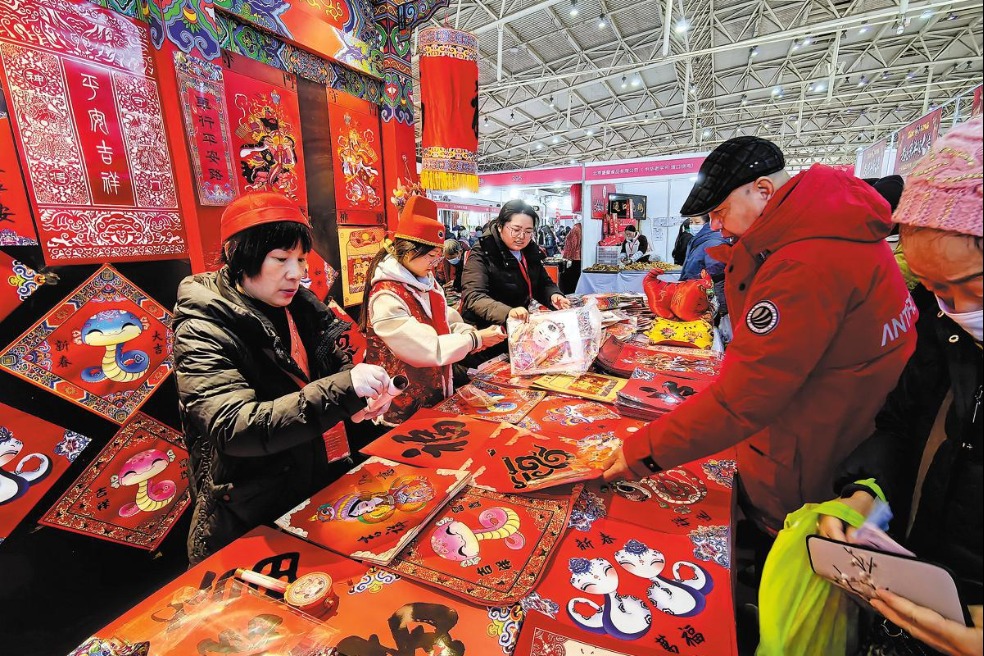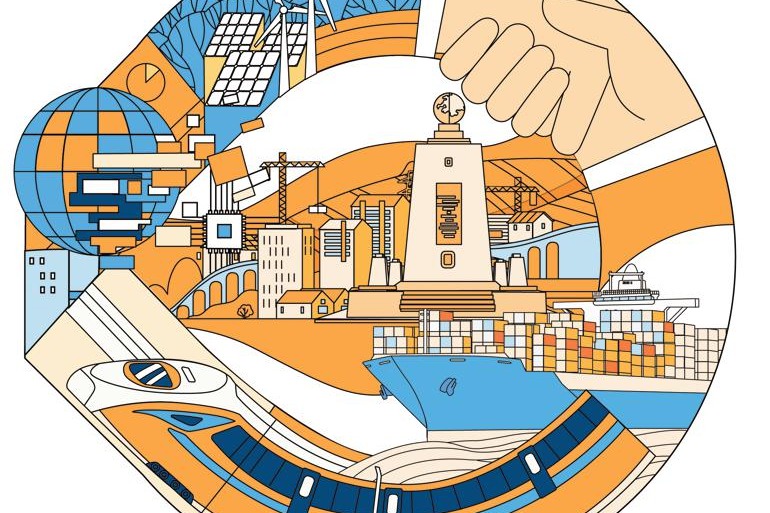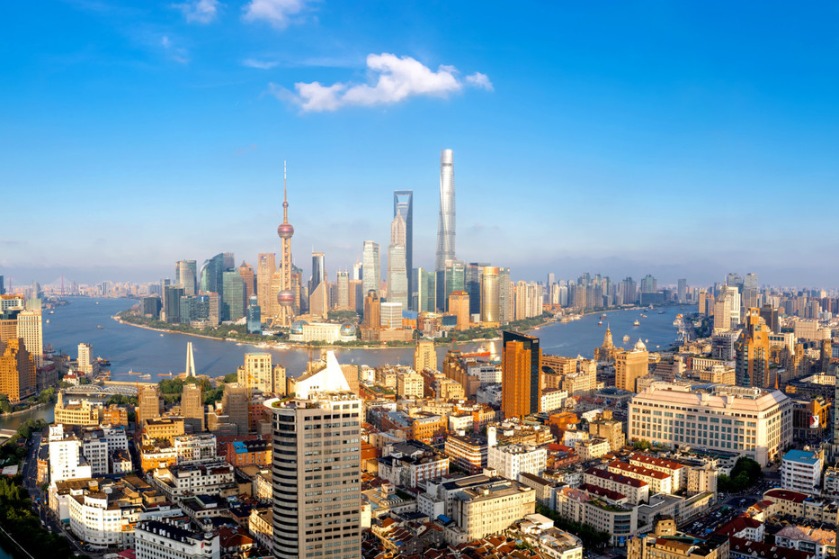Fortifying relations


Belt and Road Initiative is the highway for China and the European Union toward a shared future
In addition to a strong political leadership, one of the essential keys to China's great achievements to date lies in the four interrelated global initiatives launched by Chinese President Xi Jinping. Explicitly, the Belt and Road Initiative, the Global Development Initiative, the Global Security Initiative and the Global Civilization Initiative contribute China's solutions for endorsing international development, engendering common security, and strengthening connectedness among civilizations. These initiatives have inserted novel incentives into the cause of political compassion and resonated well with the international community.
As 2023 marks 10 years since the announcement of the BRI, it is worth noting that China has signed more than 200 cooperation documents with over 150 countries and more than 30 international associations.
Since President Xi made the initiative China's flagship policy in September 2013, countries participating in the initiative represent one-third of the world GDP, and over 60 percent of the world's population. The World Bank estimates that from 2015 to 2030, almost 40 million people will be lifted out of poverty because of this initiative.
Markedly, the initiative promoting and sustaining growth through connectivity is a chapter the European Union's political administration could learn from. It is not accidental that in 2021, the EU proclaimed that the Global Gateway, an infrastructure program with over $300 billion in funding, was competing with and/or opposing the BRI. However, this program, according to a majority of Western commentators, is a "drop in the ocean" compared to the initiative.
In any case, the relationship between the EU and China has become one of strategic importance for the global economy, particularly as China emerged from the 21st century as a protagonist geopolitical power and a manufacturing powerhouse of the global economy. Consequently, Brussels became gradually reliant on Chinese manufactured goods.
In 2022, China was the third-largest partner for EU's export of goods (9 percent) and the largest partner for EU's import of goods (20.8 percent). Among EU member states, the Netherlands was the largest importer of goods from China and Germany was the largest exporter of goods to China in 2022.
Moreover, China is the EU's second-largest trade partner in 2022 behind the United States, with total imports and exports reaching 856.3 billion euros ($906.7 billion), accounting for approximately 15.3 percent of the EU's total trade, according to Eurostat data.
Despite EU countries coming under increasing pressure from the US, the number of trains dispatched between China and Europe carrying everyday commercial goods had hit over 1,500 in a single month in July 2022.
The China-Europe freight train link under the initiative has 82 different routes so far and connects 217 cities from 25 countries. Besides, the cooperation mechanism between China and the Central and Eastern European countries is one of the innovations in diplomacy toward this region. The development of this mechanism starts as an active promotion of regional cooperation, and also as a driving force for the connectivity between China and the European Union under the BRI.
In the present period marked by geopolitical fragility, huge disparities, international uncertainty as well as digital and quantum computing and quantum sensing revolution, EU's independence from the US is becoming increasingly necessary. The EU must act autonomously in key matters while collaborating with China. In many ways, Beijing is a comprehensive strategic partner for Brussels. This requires efficient and sustainable use of strategic assets, including the implementation of the China-EU 2020 Strategic Agenda for Cooperation as well as assets pertinent to the essential elements of the four global initiatives. By reinforcing intergovernmental exchanges and dialogues at various levels, and by embracing thorough interactions, China and the EU can achieve mutual development in a joint effort to build a road that leads to a shared future for humanity based on peace, prosperity, innovation and civilizations' connectedness.
Overall, Europe and China are significant actors in the world political system and as such they must work together in order to tackle global challenges, such as inequalities, climate change and security threats. In view of this, the massive BRI — along with the other three interrelated global initiatives — can represent an excellent stage to fortify China-EU relations. Undoubtedly, the 10th anniversary of the BRI also provides a critical juncture to reflect on the planning and implementation prospects as well as on the future path between Beijing and Brussels.
The author is a former rector of the European University Cyprus and an ordinary member of the European Academy of Sciences and Arts.
The author contributed this article to China Watch, a think tank powered by China Daily.
The views do not necessarily reflect those of China Daily.


































